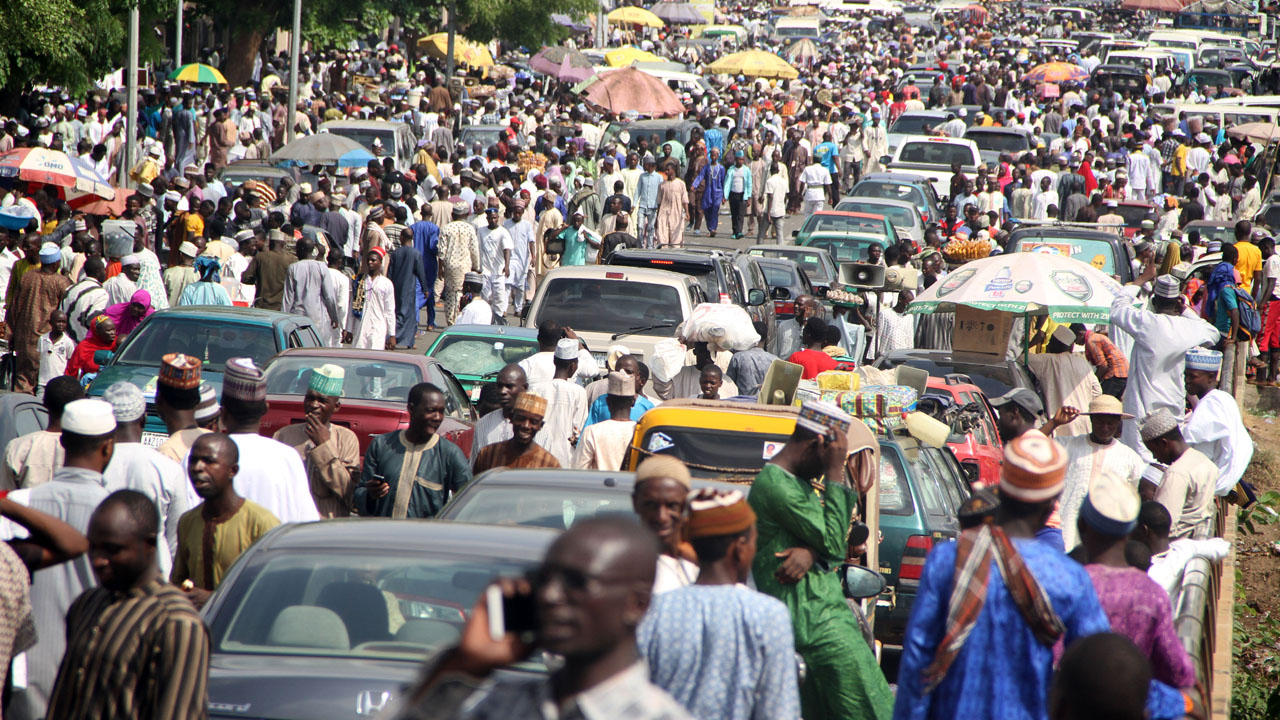A case for strong institutions
The importance of strong institutions in a democracy cannot be emphasized. Institutions by definition are “organizations in a government that create, enforce, and apply laws”. Democratic institutions include the judiciary and the press, and in the past four months we have seen them tested in the oldest modern democracy in the world and they survived. […]

The importance of strong institutions in a democracy cannot be emphasized. Institutions by definition are “organizations in a government that create, enforce, and apply laws”.
Democratic institutions include the judiciary and the press, and in the past four months we have seen them tested in the oldest modern democracy in the world and they survived.
The storming of the United States Capitol by pro-Trump supporters on the 6th of January to overturn his defeat in the 2020 presidential election is evidence that in every democratic setting, political interest and permutation can cause societal unrest, even countries with the most efficient institutions could be tested, but what differentiates strong and weak systems is the response and who the law punishes for that action.
On the 5th of November, Trump tweeted, “We have claimed, for Electoral Vote purposes, the Commonwealth of Pennsylvania (which won’t allow legal observers) the State of Georgia, and the State of North Carolina, each one of which has a BIG Trump lead”.
Unlike what is obtained in countries with weak institutions, the army and the police didn’t disrupt the counting of votes, they remained restrained and the relevant stakeholders ensured the vote-counting continued unhindered. Indeed, after approximately four years of Trump’s administration, enough of the US institutions held strong.
The U.S institutions have been built over three hundred years, and the Trump presidency has proven why nations should focus actively on building strong institutions.
Some have eagerly commented that America’s days are behind her, that the self-proclaimed greatest country in the world has lost the moral backing to lecture the world on what is right or wrong.
The riot at the Capitol led to the evacuation and lockdown of the 117th United States Congress and five deaths.
However, the key takeaway remains, different sectors of the society with the responsibility to entrench law and order in the country rapidly moved to action, the institution survived, and the election was certified.
Developing countries have failed to establish a just society because of the extractive nature of their institutions. Failure to build inclusive institutions in these countries as it is in the United States as proven by recent events with a just judicial system, a credible democratic system, a free press, and inclusive economic institutions will ensure those countries remain that, developing, in a vicious cycle.
Power corrupts and absolute power corrupts absolutely, developing countries need stronger institutions to keep leaders in check, and there is no better time to start the laborious work of building institutions than now, one brick at a time.
Haydar Daudu
*Haydar has an MSc in Development Economics and Policy from the University of Manchester
